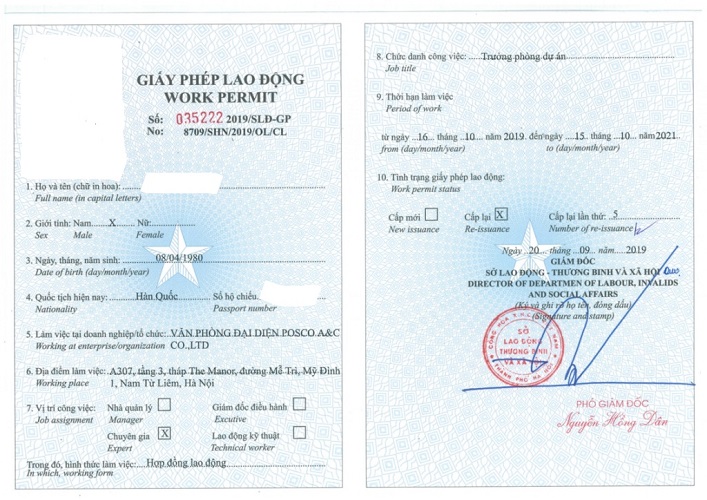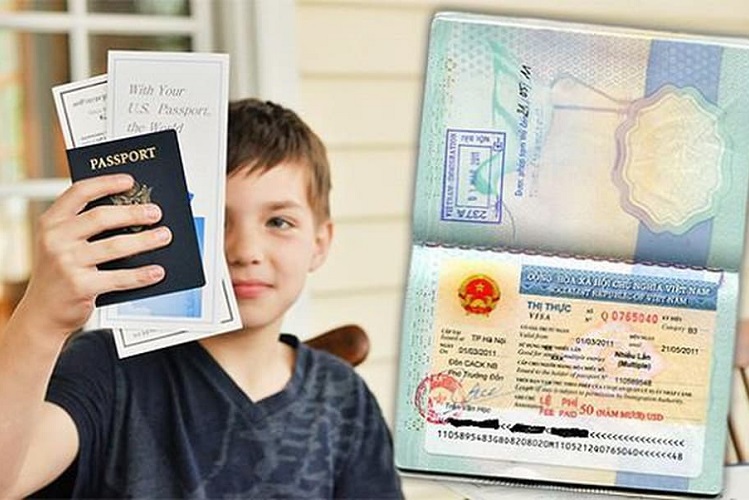In this time of increasing economic integration, opening a foreign currency account is not only a need but also an important strategy in corporate financial management. With the explosion of global trade and investment, an in-depth understanding of regulations related to opening foreign currency accounts has become one of the indispensable factors for businesses and individuals. Regulations on opening foreign currency accounts are an important part of the financial, banking and investment management system. Compliance with these regulations not only ensures accuracy and safety in transactions but also creates favorable conditions for business and investment activities in the international market. Therefore, in the article below, Siglaw would like to share with readers about the legal regulations on opening foreign currency accounts.
What is a foreign currency account?
A foreign currency account is a bank account where the money used in the account is not vietnamdong. Foreign currency account is used like normal bank accounts for transactions that the bank has prescribed based on Vietnamese state regulations. Foreign currency accounts perform income and expenditure transactions in foreign currency, convenient for cooperation with foreign companies, businesses or partners, and for Vietnamese people abroad who want to send money back to relatives in Vietnam. In addition, you can also sell foreign currency in your foreign currency account to exchange it for Vietnamdong.
According to legal regulations, when Vietnamese investors need to carry out investment projects abroad, in addition to having to apply for an Overseas Investment Certificate, they must also open a foreign currency account to do investment activities abroad.
Regulations on opening foreign currency accounts
After being granted an Overseas Investment Certificate, the investor must open a direct investment capital account at a licensed credit institution and register with the State Bank or the State Bank. Provincial or city branch where the enterprise is registered. All foreign currency transfer transactions from Vietnam to foreign countries and from foreign countries to Vietnam related to direct investment projects abroad must be performed through this account.
Investors with different projects abroad must open a separate direct investment capital account for each project. In case the project has the participation of many investors, each investor must open a separate direct investment capital account at the same licensed credit institution to transfer foreign currency within the capital value according to the Outward investment registration certificate issued by a competent Vietnamese agency.
The Foreign Exchange Management Department – State Bank of VN is the agency in charge of processing the application of opening a foreign currency account for investors who are credit institutions. For other investors, The State Bank branch in a province or city where the investor is an organization with its headquarters or where the investor is an individual register for permanent residence processes the registration to open foreign currency accounts.
Above are some shares of Siglaw about the legal regulations on opening foreign currency accounts. If you have any questions about establishing a representative office, please contact Siglaw to receive the most accurate, professional and effective advice.
Phone: (+84) 961 366 238
Email:
- vphn@siglaw.com.vn
- vphcm@siglaw.com.vn
Headquarters: No.44/A32-NV13, Gleximco A, Le Trong Tan street, An Khanh, Hoai Duc, Ha Noi, Vietnam.
Southern branch: No.103 – 105 Nguyen Dinh Chieu Str., Xuan Hoa Ward, Ho Chi Minh.
Central branch: 177 Trung Nu Vuong, Hai Chau District, Da Nang City
Facebook: https://www.facebook.com/hangluatSiglaw









